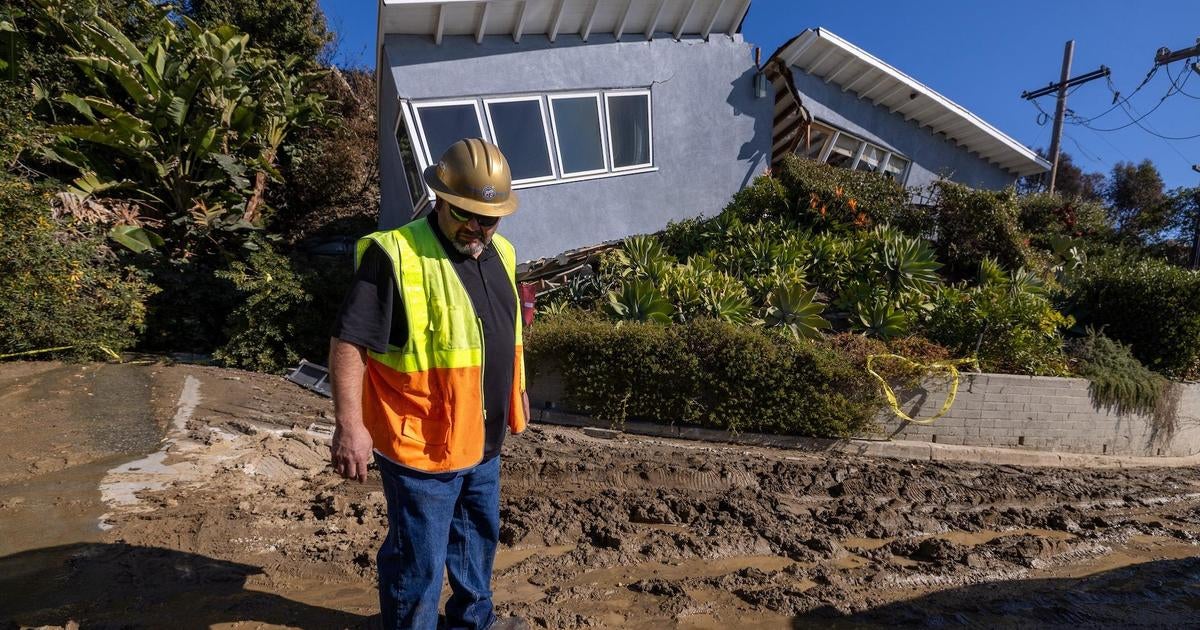We may receive commissions from some links to products on this page. Promotions are subject to availability and retailer terms.

Getty Images
Home equity borrowing can be one of the least expensive ways to access a large sum of money. And, right now, it’s one of the only ways to do so. With interest rates elevated on everything from credit cards (near a record high of 23%) to personal loans, home equity loans and home equity lines of credit (HELOCs) have become clear, cost-effective alternatives. And with the average home equity amount sitting around $320,000 right now, these products also offer a more effective and simple way to borrow a large, six-figure sum of money.
But effective and simple doesn’t always equate to fast. It can take weeks or even months to have your home equity loan funds disbursed. You’ll need to shop for lenders (you can use a different bank than your current mortgage lender), complete an application, provide documentation and meet follow-up requests. You’ll also need to complete a closing as you would for a traditional mortgage loan. And, somewhere in that process, most borrowers will need to have a lender complete a home appraisal. Below, we’ll break down what to know about this important step in the home equity loan borrowing process.
Start by seeing how much home equity you’d be eligible to withdraw here.
Do you need an appraisal for a home equity loan?
In short, with rare exceptions, homeowners will need their lender to complete an appraisal before their home equity loan is approved and the funds are released. But this isn’t a bad thing and, in today’s economy, it could actually be an advantage for most homeowners. With home values high in many parts of the country right now, owners may have more equity than they’ve ever had previously. But home equity loan lenders will need to verify that by completing an appraisal on the property that’s being borrowed from. Specifically, the appraisal will evaluate:
- The features of the home: Do you have a home security system? Outdoor amenities like a kitchen, pool or hot tub? Any features that can raise your home’s value or, lack thereof, will impact your appraised home value and, therefore, your ability to borrow from it.
- Condition of the home: Is your home old or new? If older, what kind of shape is it in? If it’s new, what is the condition and quality of the appliances? All of these questions will be asked in the appraisal.
- The location of the home: Location, location, location. Where your home is located – state, city, and neighborhood – all go a long way in determining your home’s ultimate value. A smaller home in a wealthier neighborhood may be deemed more valuable than the opposite. A home equity loan lender will ultimately make the final decision.
Get the home equity loan process started online today.
What about a no-appraisal home equity loan?
It is possible to secure a home equity loan without an appraisal, although it may be more difficult to find. And in today’s high-value real estate climate, borrowers may be better served by completing the in-person appraisal to lock in a higher borrowing amount to withdraw from.
Still, no-appraisal home equity loans do exist and they’re often completed via sales data, tax values in your location or a combination of both. The specific criteria will differ depending on the lender, however. That noted, because the traditional appraisal is circumvented in these instances, the borrowing process may be a bit quicker. So it’s worth exploring for some homeowners.
The bottom line
In general, homeowners will need an appraisal to secure a home equity loan. This will evaluate, among other items, the features of the home, its current condition and the location. That said, no-appraisal home equity loans are also offered by some lenders and, in some instances, may speed up the application process. So they’re worth considering, too. But either of these options won’t be done overnight, so if you know you need the money and have already decided on your home equity as the funding source, it behooves you to get started sooner rather than later.
Start shopping for home equity loan rates and lenders here now.









